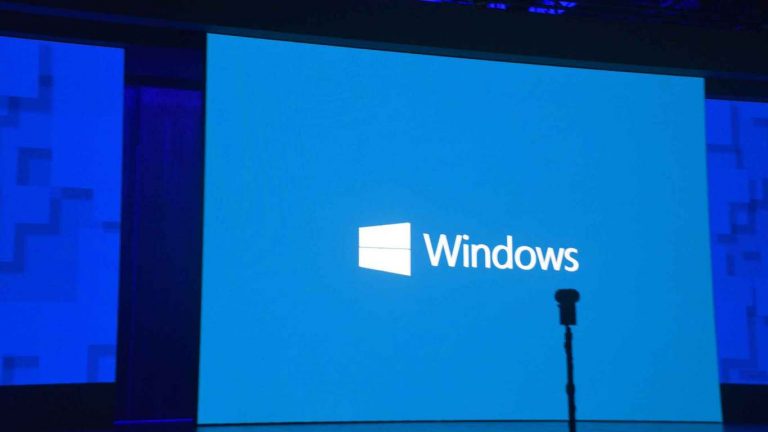As long as modern versions of Windows have been around so too have free programs which claim to scan a system and then clean or optimize the Windows registry. Sometimes these programs even trick users with coercive messages to buy premium versions. Well, Microsoft has had enough, and soon Windows Defender Antivirus and other Microsoft security products will classify these types of programs as unwanted software.
The change will take effect starting March 1st, mainly coming because Microsoft believes such programs and practices “can pressure customers into making unnecessary purchase decisions.” According to Microsoft, this will protect customers in the long term.
More specifically, Microsoft is updating their evaluation criteria to mention that programs must not use “alarming or coercive messaging that can put pressure on customers into making a purchase or performing other actions.” This ultimately means that such type of programs will be labeled as unwanted software, thus being detected, and removed from Windows by Windows Defender.
More details on the evaluation criteria can be seen below.
Programs must not display alarming or coercive messages or misleading content to pressure you into paying for additional services or performing superfluous actions.
Software that coerces users may display the following characteristics, among others:
- Reports errors in an exaggerated or alarming manner about the user’s system and requires the user to pay for fixing the errors or issues monetarily or by performing other actions such as taking a survey, downloading a file, signing up for a newsletter, etc.
- Suggests that no other actions will correct the reported errors or issues
- Requires the user to act within a limited period of time to get the purported issue resolved
Microsoft notes that protecting customers is their top priority, and the evaluation criteria are always adjusted backed on customer feedback. Developers are being urged to head to the Windows Defender Security Intelligence portal in order to validate the detection of their programs and not be impacted by these changes. Windows users can also visit this link to submit programs to Microsoft which they believe show off signs of coercive messaging.


